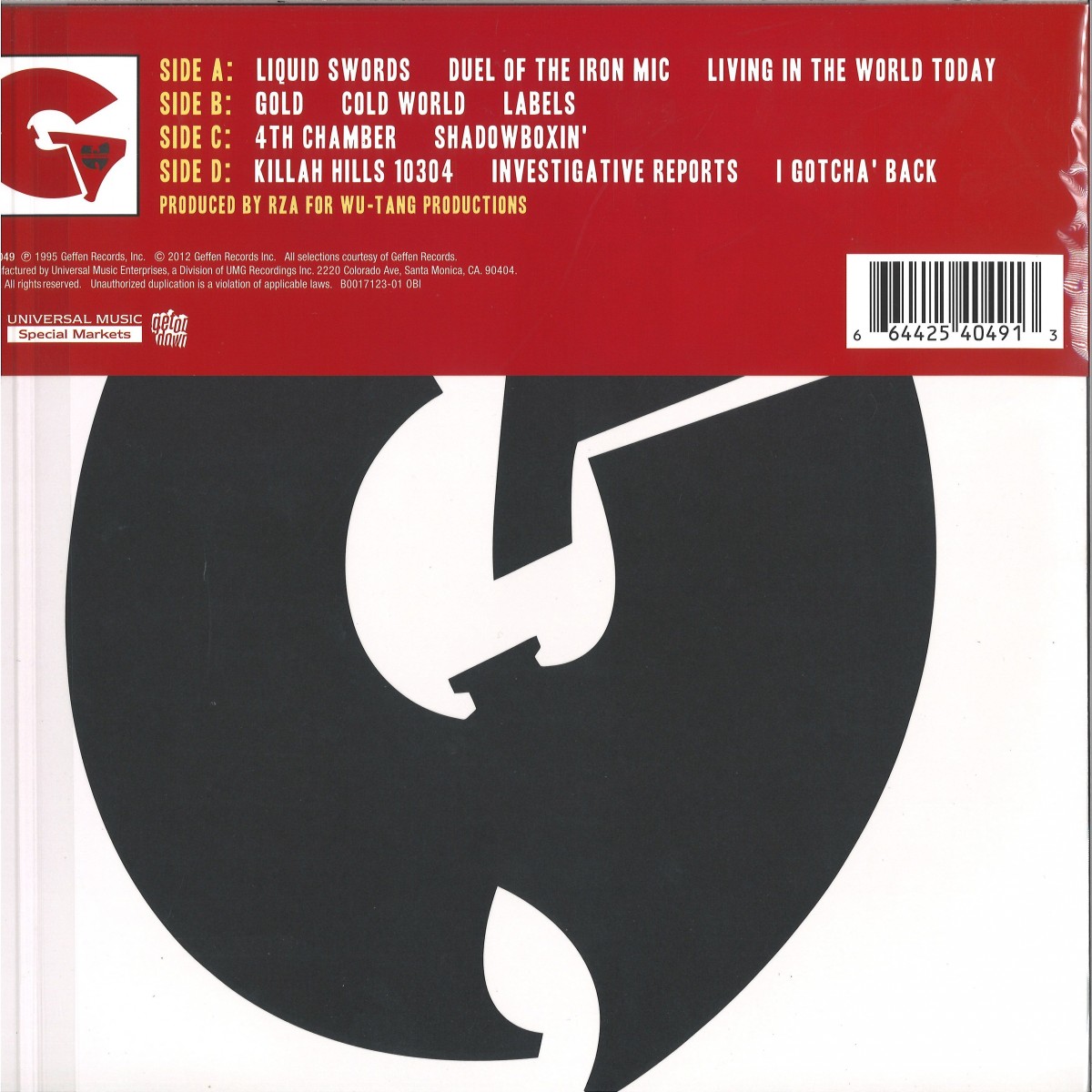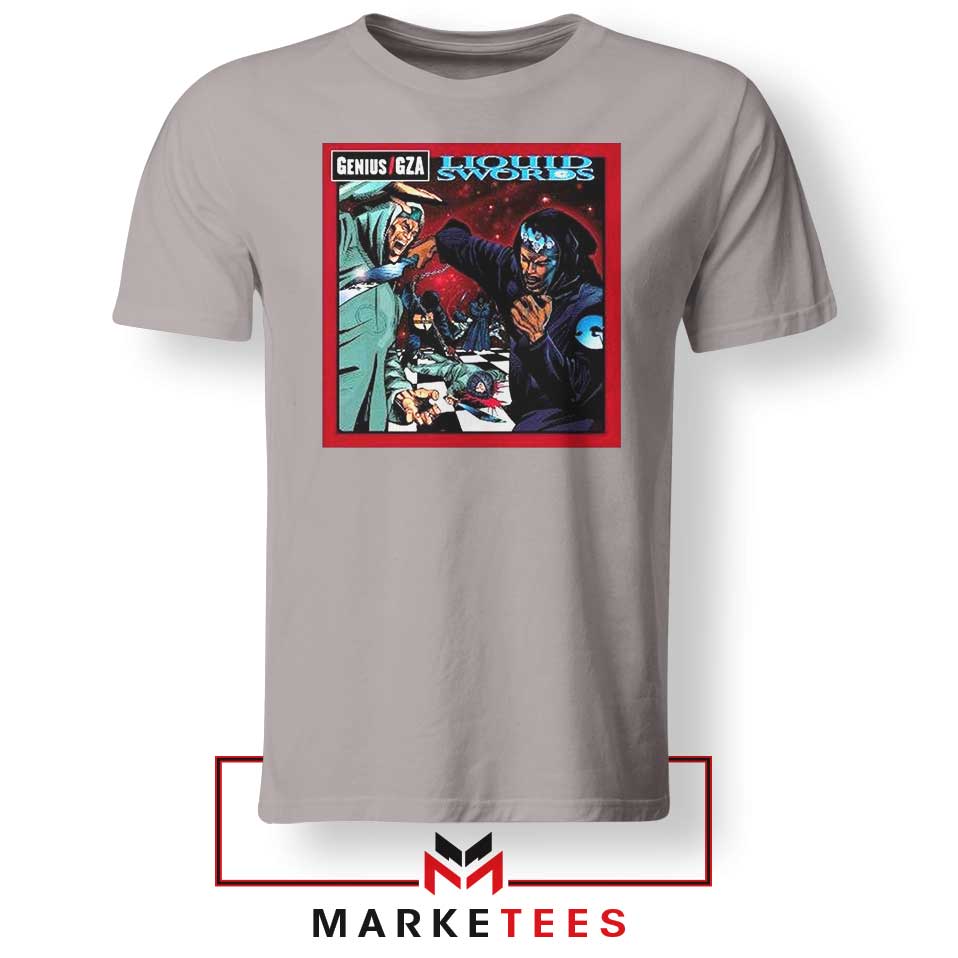


I don’t know what actually transpired during the making of this. I just remember sitting in the basement for hours and writing it over and over. When we perform this song live, the music gets real low for Deck’s part, and then it comes in real loud and it still always gets me hype. I remember being so happy after Ol’ Dirty blessed the track like he did. I remember writing to it and that it took me a while because I was trying different things. I like how I delivered on this one, and I love RZA’s beat. This might be my favorite track on the album. The hook was actually a routine from around ’84 that me RZA and Ol’ Dirty would do: “When the MCs came, to live out the name.” Just like that. I think RZA played the beat for me and I just spit to it right there. Usually, I take a beat home and write to it for a few days, but it wasn’t like that with this track. I’m talking about my skills and how I’m better than the rest. Are you down to talk about each track on the album? You’ve never talked real in-depth about Liquid Swords before. I actually saw it grow and come together, and felt that it was special as we were doing it. But I can say that I felt the magic with that one. It’s hard to say something is gonna be classic or not. I loved it immediately and thought it fit with the album well.ĭid you feel like you made a classic after it was done? While we were mastering the album, RZA asked the engineer to go out and get it and bring it back to us. It’s not a theme, but more like a thread throughout the album. It’s the story of a shogun told through different narratives and scenarios. Were you trying to stick to a theme for the album? The album heavily samples the film Shogun Assassin and keeps a dark atmosphere throughout its course. We did a lot of stuff there, including Tical, I think, so it's hard to remember the exact moment, or time, he showed me which beat.

It was a small, two-bedroom apartment where he showed me all the beats he had made. The majority of the album was done at RZA’s house, in the basement. A lot of them had a grimy, rock-like feel to them. What did you think of RZA’s beats for Liquid Swords when he first played them for you? He’d come home hours later, and I’d still be writing same shit I started when he left. RZA would leave and go to the city to handle business. I’d take a nap, hang out, nap later, wake up, and finish a track. I’d just get tired and sit in the same spot all day. We’d be smoking, and you know how weed takes its toll on you. Sometimes I take different sentences and put them together.įor a few tracks on the album, I remember, the beat would be running, and it’d be four o’clock in the afternoon. Songs generally take me two to three days to write. I would say I pieced things together slowly then. I, on the other hand, would often go back and finish rhymes that I started. I mean, Raekwon and Ghostface can step in and record a song in about forty-five minutes. I don’t say slow in the sense that it necessarily took me a long time to finish what I’m writing. For the first time ever, GZA talks about the making of the heralded classic, deconstructing it track by track and allowing insight into a vital era in which it was made.ĭavid Ma: What was your writing process like at the time? Over two decades later, Liquid Swords continues to age well and is a stellar case of quality ’90s hip-hop. Even in a year of memorable releases, Liquid Swords ’ rhymes coupled with RZA’s cinematic beats stood tall, furthering Wu-Tang’s dominance to this day. And for his part, GZA never did waste ink and has shown a penchant for writing since Enter the Wu-Tang (36 Chambers) and his debut, Words from the Genius. The year was 1995 and the first generation of Wu-Tang solo projects was gripping fans globally. “We were on a roll, and it was the perfect time to get in the studio and just do it.” It was fresh,” replies GZA, when asked how his head was while making Liquid Swords.


 0 kommentar(er)
0 kommentar(er)
